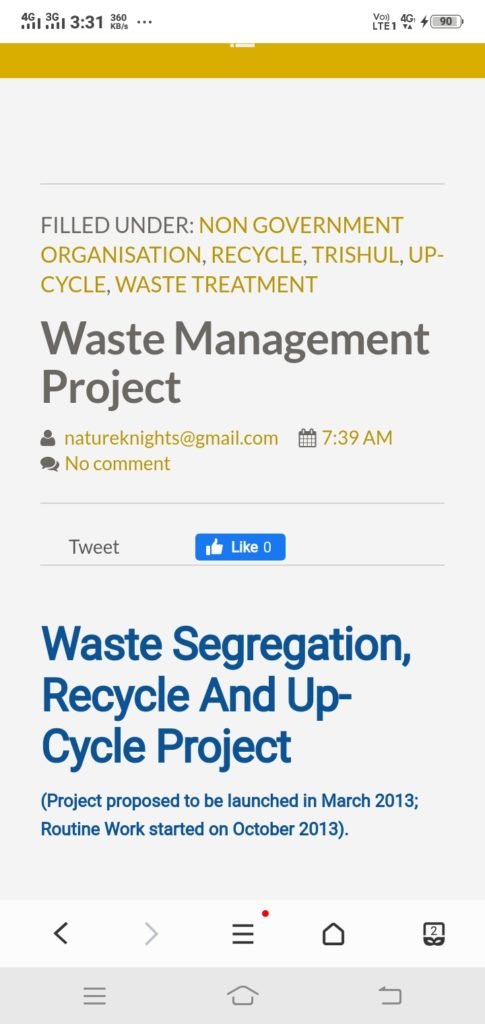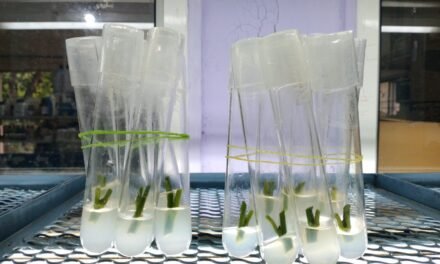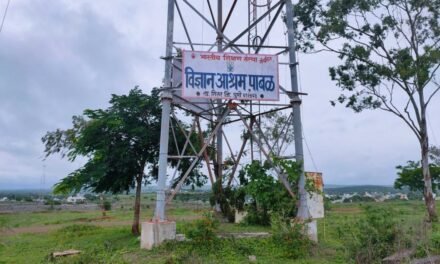Question 1
- Waste can be classified into five types of waste which is all commonly found around the house. These include liquid waste, solid rubbish, organic waste, recyclable rubbish and hazardous waste..
- Poor waste management contributes to climate change and air pollution, and directly affects many ecosystems and species. Landfills, considered the last resort in the waste hierarchy, release methane, a very powerful greenhouse gas linked to climate change.
- Firstly, the non-segregated waste adversely affects human health by giving rise to different infections and diseases. waste pickers or people living near the area where mixed waste is piled up are at a great risk of such disorders. Secondly, it reduces the chances of recycling the waste.
Question 2
- Trishul (NGO) from Mumbai did the project on waste segregation , recycle and up cycle in March 2013.
- https://www.trishul-ngo.org/2012/12/waste-management-project.html?m=0

Question 3
- Proper segregation of waste will help us to create green jobs, reduce consumption of virgin resources and also promote gor innovations and investment.
- It will also help to reduce transportation of waste, emissions, life of landfill increases and risk to the ecosystem goes down.




